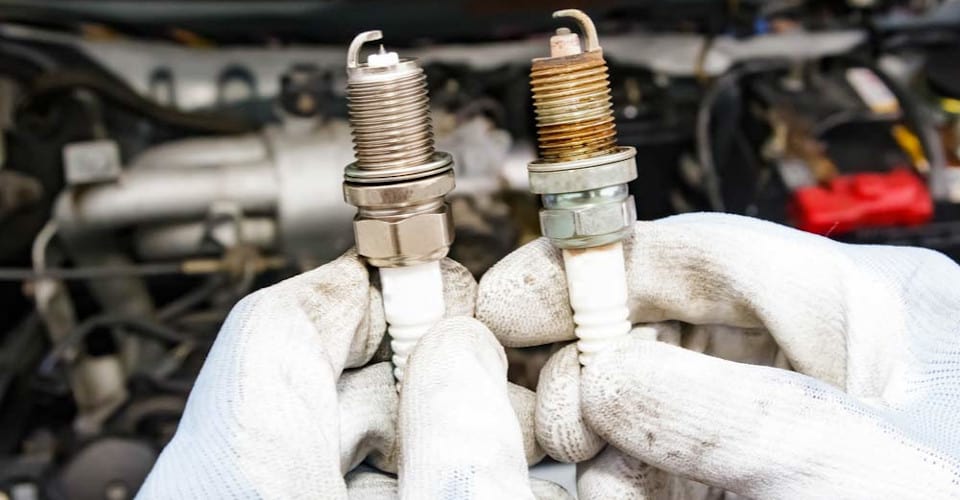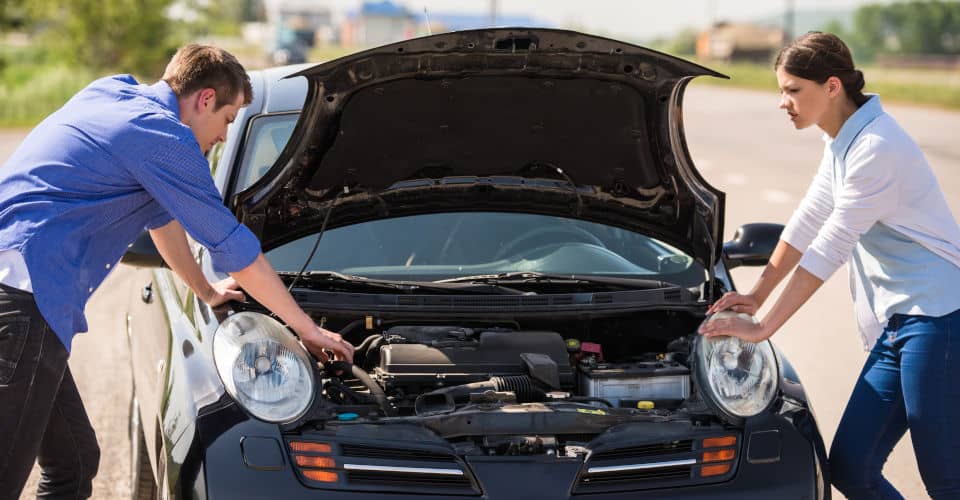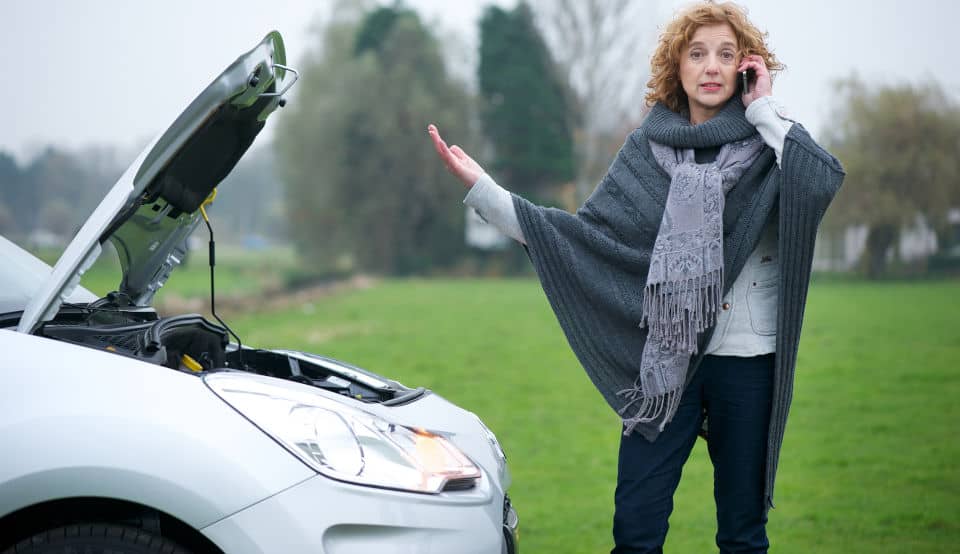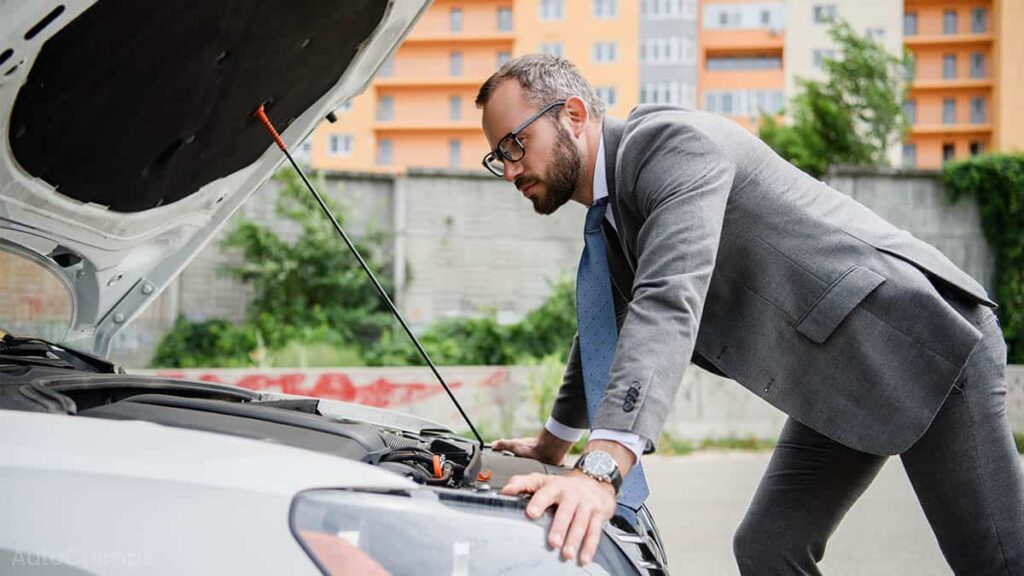





Why Does a Car Stall While Idling? Here Are 6 Common Culprits
Imagine this: sitting in a car, ready to roll, and suddenly the engine just dies. No warning lights, no strange noises—just silence. What gives? When a car stalls while idling, it usually means it’s not getting enough air, power, or fuel. Let’s break down the six main reasons why this happens and what can be done about it.
6 Common Causes of a Car Stalling at Idle

1. Faulty Oxygen or Mass Airflow Sensor
Cars are packed with sensors, and two of the most crucial ones are the oxygen sensor and the mass airflow sensor. The oxygen sensor hangs out in the exhaust manifold, while the mass airflow sensor is chilling in the intake air passage. They work together to ensure the engine gets the right amount of air. If either one goes haywire, the engine might not get enough air to keep running, leading to stalling. Replacing an oxygen sensor typically runs about $200, while a mass airflow sensor can cost around $300.
2. Clogged EGR Valve

The EGR valve, or Exhaust Gas Recirculation valve, recycles some exhaust back into the engine to lower combustion temperatures. If it gets clogged, it can either stay open or shut, messing with the air-fuel mix and causing power issues. This can lead to stalling, and while diagnosing it can be tricky, cleaning it out at home is often cheaper than a full replacement, which can cost between $400-$500.
3. Worn-Out Spark Plugs

Spark plugs ignite the air-fuel mix in the engine. If they’re old and worn, they can’t do their job effectively, leading to less power and potential stalling. There are several types of spark plugs, ranging from copper (which last about 10,000-20,000 miles) to iridium and platinum options that can go for up to 100,000 miles. Prices vary, so it’s worth checking which ones fit the ride.
4. Idle Air Control Actuator Issues
The idle air control actuator keeps the engine RPMs steady when idling. If it malfunctions, the engine might drop to a low RPM and stall. Replacing this part can set someone back anywhere from $100 to $500, depending on the vehicle and labor costs.
5. Fuel Delivery System Problems

If there’s an issue with the fuel delivery system, it can lead to stalling. This includes problems with the fuel pump or a clogged fuel filter. A blocked filter can prevent enough fuel from reaching the engine, and replacing it usually costs between $50-$150. If it’s been a while since it was changed, it might be time to check.
6. Malfunctioning Transmission

Transmission issues can be a nightmare for any car owner. When it comes to stalling, the torque converter is often the culprit. It transfers power from the engine to the drivetrain. If it’s not working right, stalling can happen. Thankfully, if the solenoid is the issue, repairs can be more manageable, costing a few hundred bucks rather than a full transmission overhaul.



